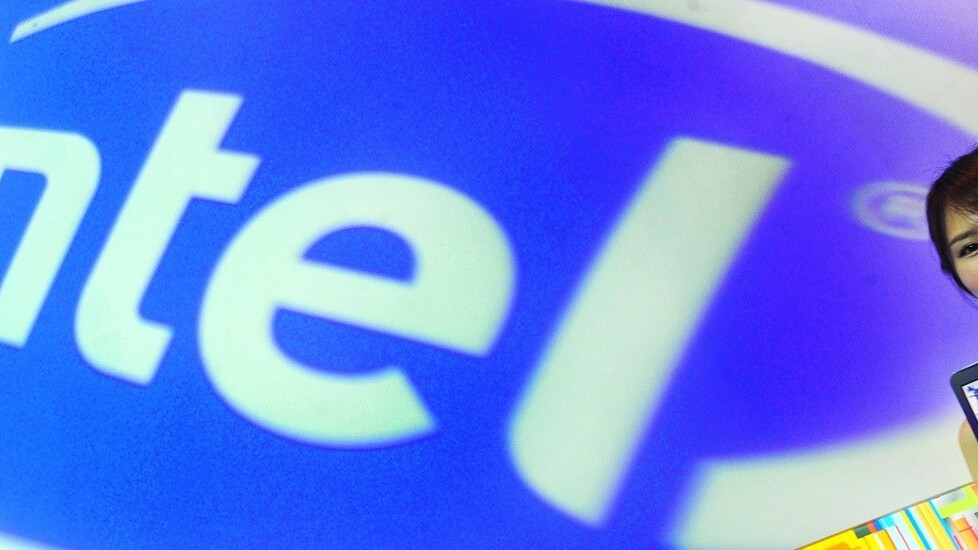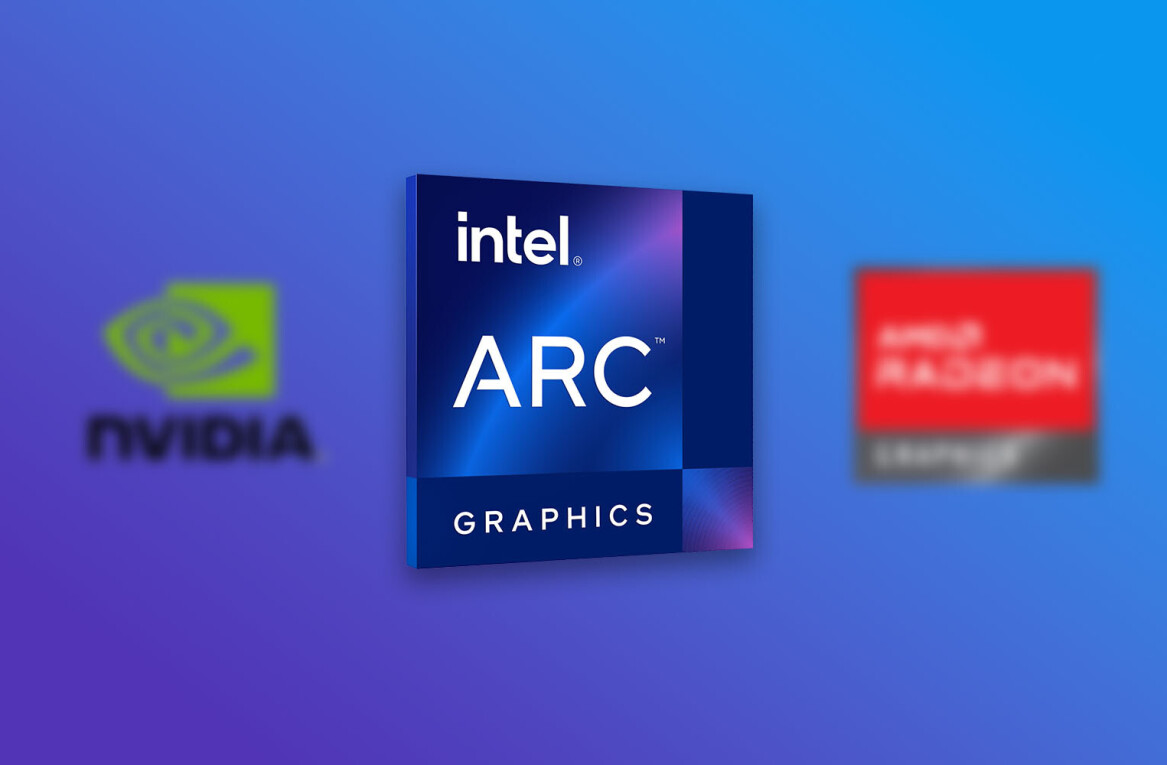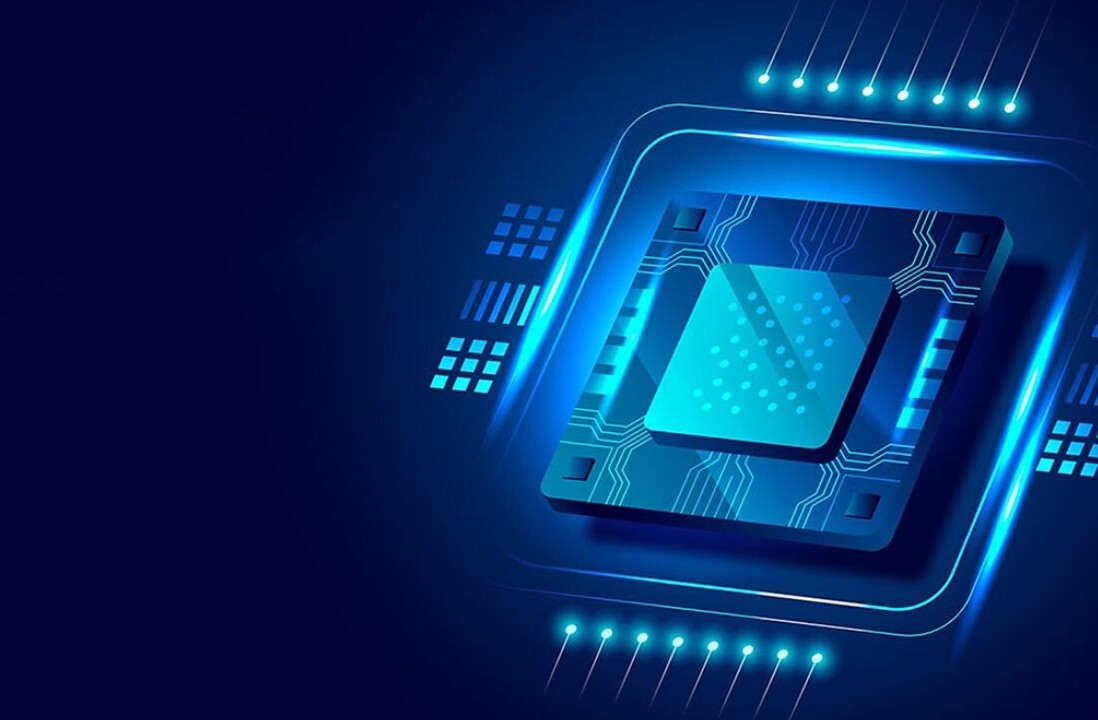
At Mobile World Congress in Barcelona today, Intel launched its latest 64-bit Intel Atom Processor (codenamed Merrifield) for smartphones and tablets. The company also disclosed details of its next-generation 64-bit quad core Atom processor for Android mobile devices, codenamed Moorefield.
Merrifield is now known as the Intel Atom processor Z3480. The 64-bit ready SoC is based on Intel’s 22nm Silvermont microarchitecture, runs at 2.13GHz, and the company claims it offers improved battery life. Intel expects Merrifield-based devices from multiple OEMs to launch beginning in the second quarter of this year.
Devices with Moorefield, meanwhile, are expected to be available in the second half of the year. Building on the Merrifield feature set, Moorefield adds two additional Intel architecture (IA) cores for up to 2.3GHz of computing performance, an enhanced GPU, and support for faster memory.
“64 bit computing is moving from the desktop to the mobile device. Intel knows 64-bit computing, and we’re the only company shipping 64-bit processors for mobile devices today capable of supporting both Android and Microsoft Windows,” Intel Corporation President Renee James said in a statement. James emphasized at the event that the company was hoping its technology would push mobile computing into the future.
Intel also announced multi-year agreements with Lenovo, Asus, and Foxconn to expand the availability of Intel-based mobile devices. Here is what each of the three are planning:
- Lenovo will introduce new Intel-based mobile devices in 2014, and both companies will dedicate engineering resources to building a “variety of smartphone and tablet form factors spanning value to performance market segments.”
- Asus will bring a full portfolio of Intel-based smartphones and tablets to market this year. In fact, at Mobile World Congress, Asus unveiled the Fonepad 7 LTE (ME3762CL) featuring an Intel Atom processor and Intel LTE connectivity.
- Foxconn will help build affordable Intel-based Android tablets. Intel will provide Atom processors and communications platforms for a range of Foxconn products, beginning with tablets, this year.
Intel is very much aware that its transition from dominating the desktop world to gaining a foothold in the mobile one will be a long process. That’s exactly why the company is not only pushing new mobile processors, but building relationships to ensure those new chips ship on as many devices as possible.
Top Image Credit: AFP / Getty Images
Get the TNW newsletter
Get the most important tech news in your inbox each week.




